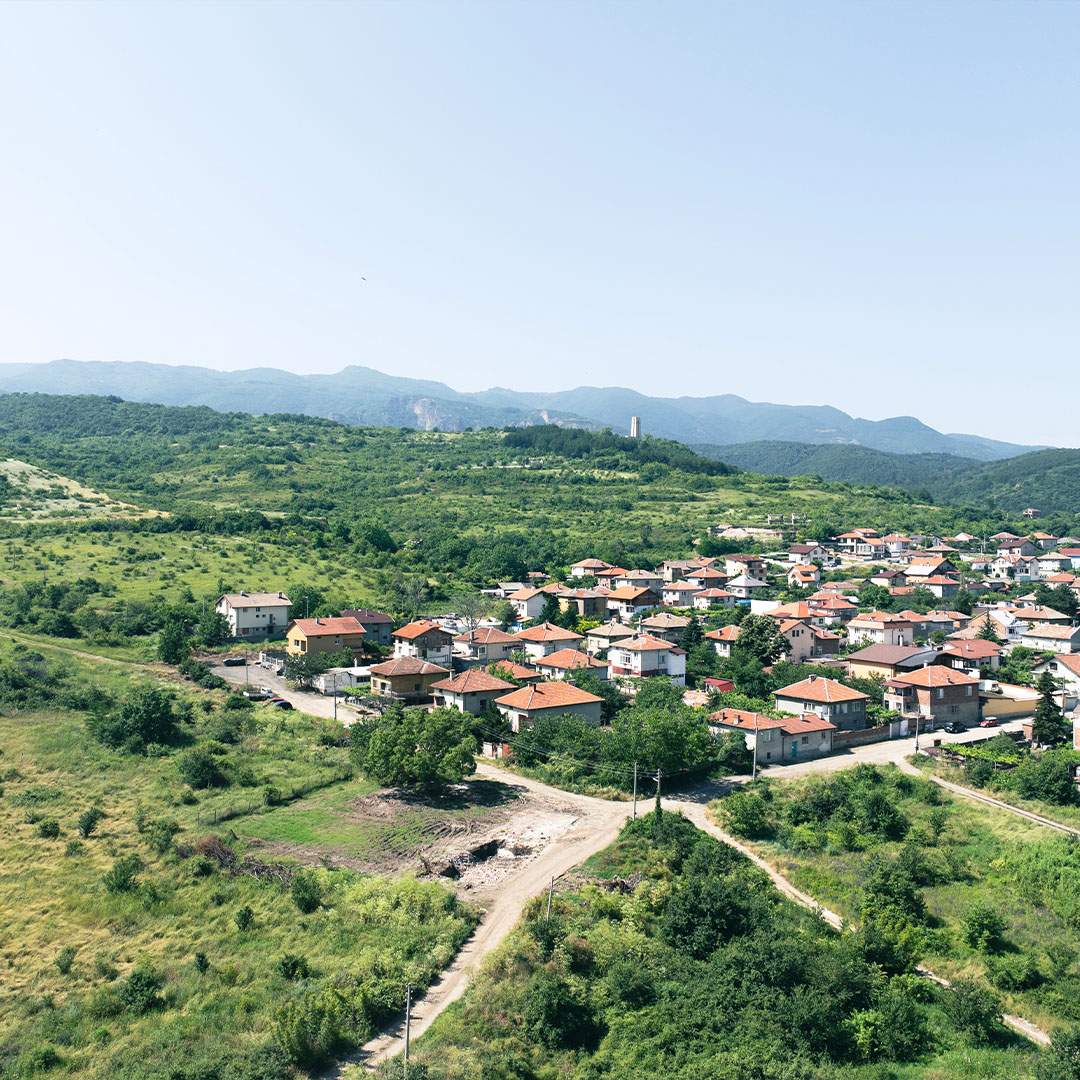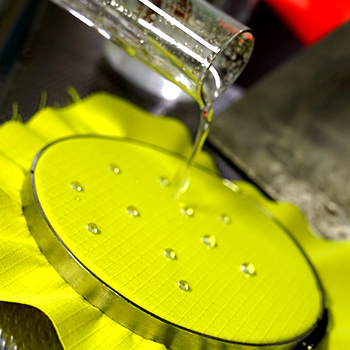New laundry and solar panels boost our factory in Bulgaria
Spring 2025 marked a period of major progress at our Svea factory in Bulgaria. We doubled the number of solar panels on the roof and launched our new laundry facility. Two important milestones that both improve working conditions and reduce our environmental footprint. “This is a big step for us” says Kostadin Kyorgogov, Managing Director of Tranemo Bulgaria. “We are becoming more independent, more sustainable and we can guarantee even higher quality.”
New laundry facility in operation
The new laundry facility at Svea is more than just an investment; it’s a symbol of our strategy to take full control of the production chain. The transformation of the former space, which once housed a diesel-powered heating system, a compressed air machine and a 1,000-litre water tank, began in November 2024.
“It was a classic basement, the kind of place where you put things you don’t want to deal with,” Kostadin says with a smile. “But now it’s a clean, bright and functional production space with a specially poured concrete floor, modern ventilation and newly installed energy-efficient washing machines.”
The laundry was completed in May 2025, a few months later than planned due to delays in the delivery of the machines. Today, it’s fully operational and handles the pre-washing of all garments produced at both Svea and Gustav.
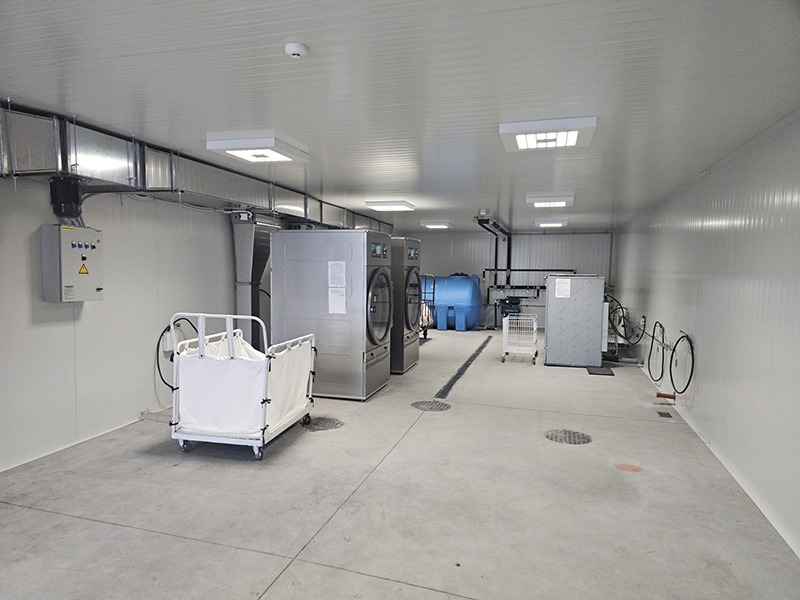 | 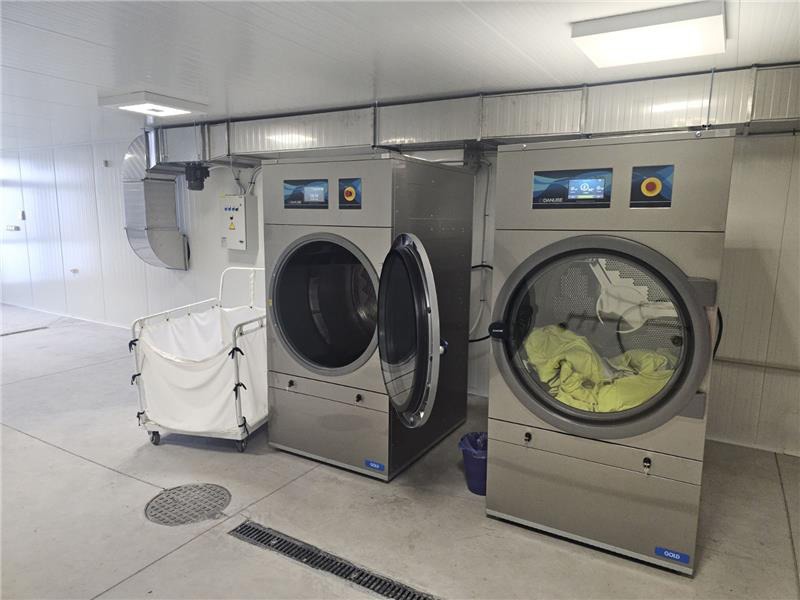 | 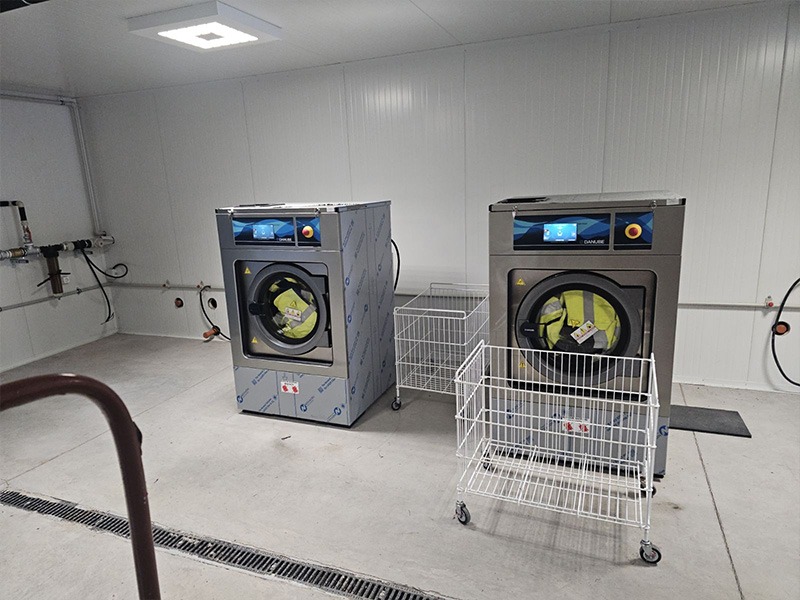 |
"We’re in control and that means we can guarantee the quality.”
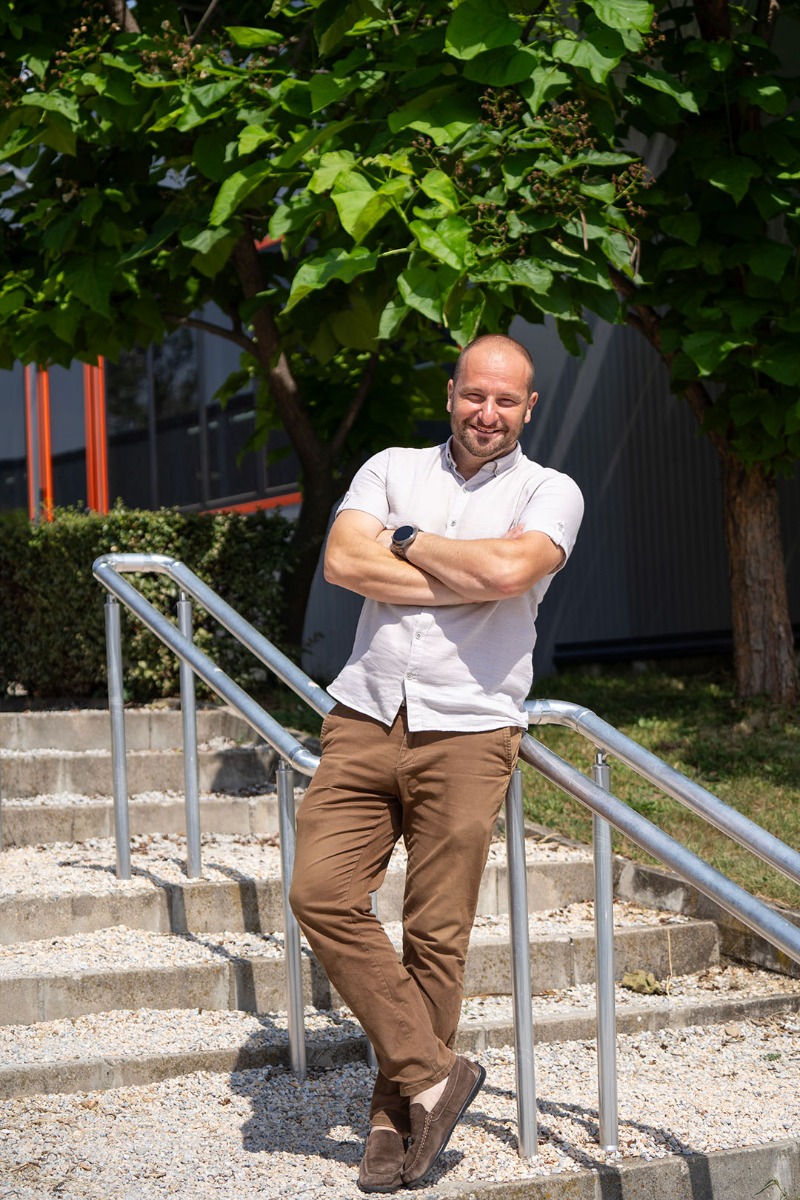
Full control over quality
Bringing the washing process in-house has been a strategic win for both quality and sustainability.
“It’s a huge advantage for us,” Kostadin explains. “We can ensure the correct temperatures are used, that each garment is pre-treated properly, and that the washing process meets our functional and sustainability requirements. We’re in control and that means we can guarantee the quality.”
Previously, the laundry was restricted by an electricity cap of 120 kW/h from the grid, meaning it couldn’t run simultaneously with the factory’s cutting department. Thanks to solar energy, that’s no longer a problem.
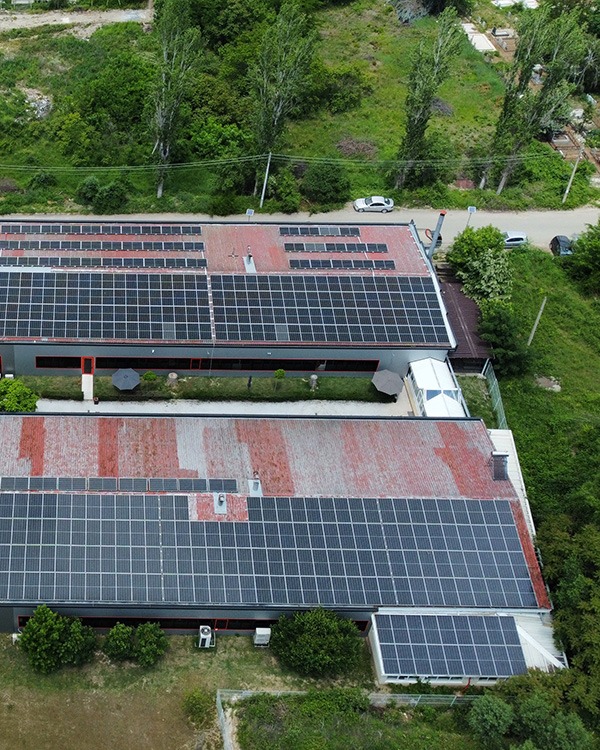
Double the solar panels, double the benefits
As production capacity has increased, so has the need for energy. In spring 2025, we installed additional solar panels, which now cover 70% of the factory rooftops at Svea.
On sunny days, the system generates up to 200 kW witch is more than enough to power both the factory and the new laundry. Any excess electricity is fed back into the grid, although the compensation for this is minimal.
“It’s not a good business to produce more than you can use yourself,” Kostadin notes. “But it’s a fantastic investment when you optimise for your actual needs.”
The electricity produced is 100% green and during the summer, production is so stable that the factories are practically self-sufficient. In winter, output is lower, but plans are in place to offset this through battery storage. Another important climate benefit is that, until recently, one of the laundries we used actually heated its washing water with wood. By switching to our in-house laundry powered by green electricity, we are significantly reducing our CO₂ footprint.
Solar panels also bring another, perhaps less obvious, advantage: they help maintain a cooler indoor climate. By shading the roof surface, they block direct sunlight that would otherwise heat the building, and the air gap between panels and roof creates an insulating layer where air can circulate. This combination can lower indoor temperatures by 2–5°C during Bulgaria’s hot summer months, a feature highly appreciated by the team. Proper ventilation also prevents heat from the panels themselves from affecting the building.
Next Step: Energy storage and increased operational security
Power outages are a recurring problem in Perushtitsa, where the factory is located, especially in early spring and autumn. They typically occur twice a week and last around 7–8 minutes, often caused by overloads in the local electricity grid. Each outage brings production to a standstill, impacting both efficiency and the working environment.
To address this, a battery storage system of at least 100 kW is being planned. With stored solar energy, the factory will be able to continue operating even during short interruptions, something that’s valuable for both workflow, and employee peace of mind.
Solar panels also help maintain a cooler indoor climate thanks to the air gap between the roof and the panels, a feature especially appreciated during Bulgaria’s hot summer months.
Sustainability as a business strategy
Our investments in solar energy and in-house washing capacity are clear components of Tranemo’s long-term strategy: to build a sustainable, flexible and future-proof production close to the market.
While the new laundry gives us full control over a critical part of the production chain, the solar panels allow us to take further steps toward climate neutrality.
“This is a double win for us,” Kostadin Kyorgogov concludes. “We’re improving our internal processes while doing something good for the environment.”
“We’re improving our internal processes while doing something good for the environment.”


